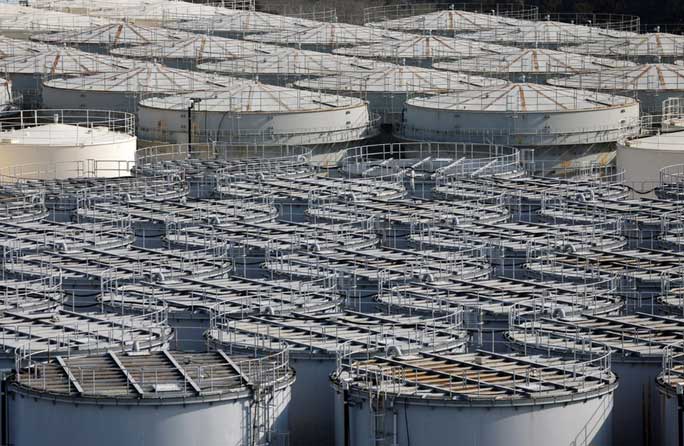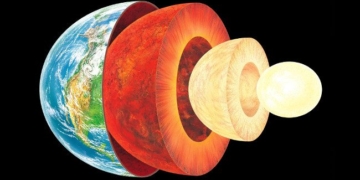Japan is set to release radioactive water from the Fukushima Daiichi nuclear power plant in early August 2023, following approval from the International Atomic Energy Agency (IAEA), despite strong opposition from several countries in the region, attracting significant attention.

Storage tanks at the Fukushima Daiichi Nuclear Power Plant seen in Okuma, Fukushima Prefecture, Japan on March 8. (Photo: REUTERS)
According to Reuters, the IAEA stated that Japan’s plan complies with global safety standards and has a negligible radioactive impact on both humans and the environment. However, the plan has faced strong opposition.
The spokesperson for the Chinese Ministry of Foreign Affairs, Wang Wenbin, criticized Japan’s move. China has currently banned seafood imports from 10 regions in Japan, including Fukushima and the capital Tokyo.
Recently, the office of South Korean President Yoon Suk-yeol announced that he has requested to send South Korean experts to monitor Japan’s discharge plan.
Meanwhile, Pacific island nations are concerned that this could further pollute the ocean with radiation. Greenpeace has expressed worries that the released radioactive substances could alter human DNA.
At a recent press conference held by the Ministry of Science and Technology, Mr. Pham Van Toan, Deputy Director of the Department of Radiation and Nuclear Safety, affirmed that the radioactive wastewater discharge from Japan will not affect Vietnam, as the wastewater is almost entirely stripped of radioactive substances, except for tritium—a radioactive isotope of hydrogen.


















































